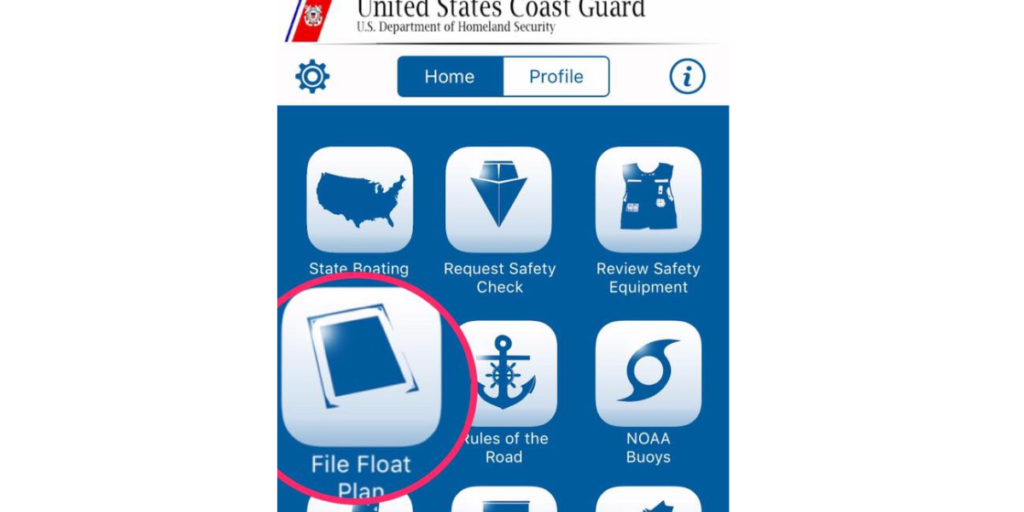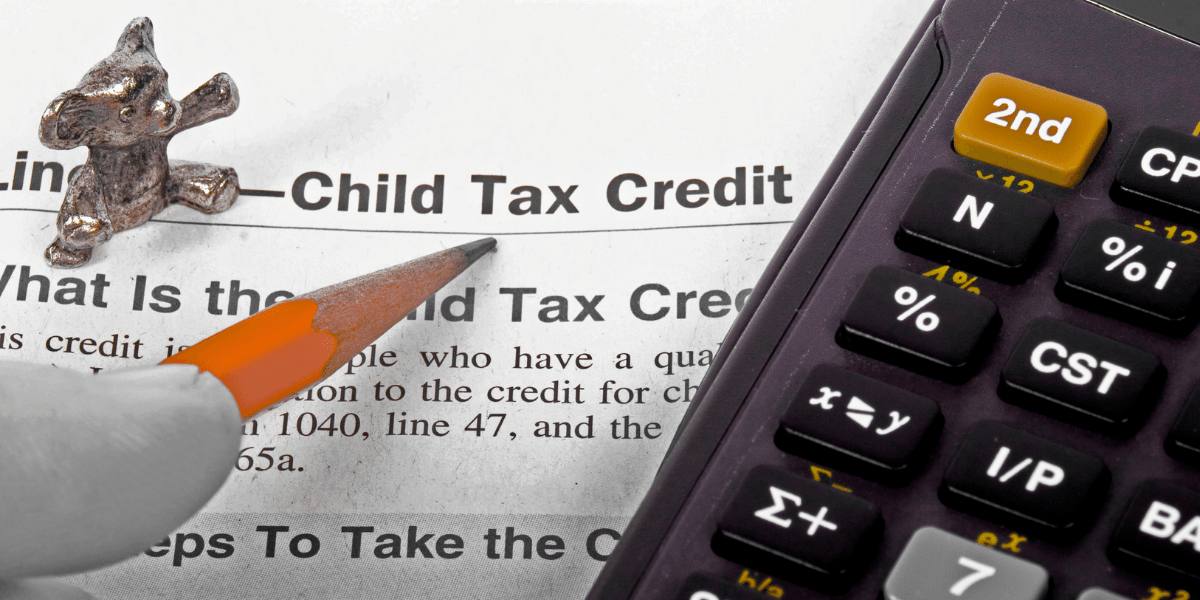Hearing and Vision Screening at Health Department
The St. Clair County Health Department is offering free hearing and vision screening for any child entering preschool or kindergarten in the Fall.
All children must have a hearing and vision screening before entering kindergarten. Hearing and vision screenings can identify problems that could interfere with your child’s development and hinder their success in school.
Early diagnosis of a hearing or vision problem can help prevent permanent issues down the road.
Appointments are available at the main location on 28th Street in Port Huron, and walk-ins will also be accepted.
Screenings are available in June and July, Monday – Friday from 8:30 – 4 PM. Screenings are not available during lunch hour from noon- 1 PM, or on July 7th.
In August, screenings are available on Mondays from 10:30 AM – 6 PM (not available from 2 – 3 PM) and on Tuesdays – Fridays from 8:30 AM – 4 PM (not available from 12 – 1 PM).
For more information, call the Health Department at
(810) 987-5300.
Reporting for WGRT – Jessie Wiegand






